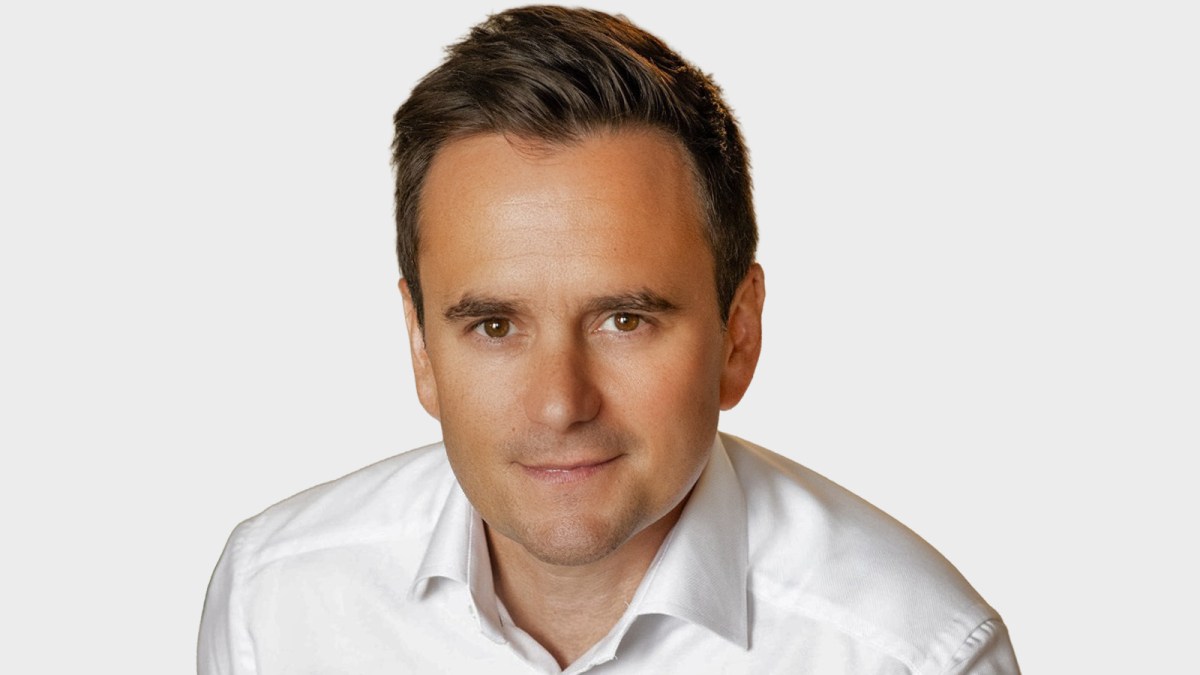A shopkeeper in Wrexham was told by police earlier this month to take down a sign calling shoplifters “scumbags” because it could cause offence. The Information Commissioner’s Office also reminded retailers that sharing CCTV stills of offenders might breach data protection laws. You really couldn’t make it up.
I’m not sure when we decided that the feelings of thieves should be protected over the safety of shopworkers and customers, but that’s where we’ve ended up. Law-abiding people are made to feel like they’re on trial, while the lawless walk away without consequence.
The word “shoplifting” itself is part of the problem; it makes it sound like a cheeky bit of pilfering. In reality, it’s theft, and increasingly violent.
At Iceland, we deal with about 1,000 serious incidents a year. That’s everything from marauding gangs sweeping shelves into bags, to violent assaults with weapons such as needles, knives and hammers. These aren’t petty crimes; they’re traumatic events for the people who have to face them.
I read every serious-incident report each Monday morning. They come from all parts of the UK — big cities, rural towns, coastal communities. Nowhere is immune, and what’s driving this wave is a toxic mix of impunity and escalation. Offenders know that the chances of being caught, let alone prosecuted, are slim. The more they get away with it, the bolder they become.
Retailers have poured millions into security in recent years. We’ve hired more guards, installed better CCTV, upgraded alarms. And still, the numbers keep climbing. Last year, figures from the British Retail Consortium showed that the cost of theft from shops hit a record £1.8 billion in 2022-23. In convenience and supermarket retail, we estimate that millions more goes unreported because staff know the police won’t come. If we didn’t have to carry this cost, we could invest more in staff hours and more in lowering prices.
The human cost is harder to put into numbers — staff who are punched, spat at, threatened; young workers who have knives pulled on them. The lasting impact on morale, recruitment and mental health is enormous. It’s not a victimless crime; the victims are the people on the front line and the customers who end up paying higher prices because of it.
Shoplifting leads to higher prices for law-abiding customers
GETTY IMAGES
We have tried every legitimate deterrent we can. We’ve built close relationships with local police where possible and engaged with national initiatives. We’ve backed campaigns for tougher sentencing and the removal of the £200 threshold below which thefts weren’t pursued. But change is too slow and the government was talking about some of the policies announced this summer more than a year ago.
That’s why we’re now rolling out facial-recognition technology across our estate. It flags repeat offenders as soon as they enter, so staff can be alert and police can be contacted quickly. It’s proportionate, targeted and entirely legal. It is also, in my view, morally right. Anyone who thinks it’s wrong to offend the human rights of prolific thieves should try working for a week in one of our stores, looking my colleagues in the eye and saying the same thing.
We also need to bring back the sense of shame there used to be in stealing. That means making it harder to offload stolen goods. We need to involve every channel these people use to cash in on their thefts — from pubs to car boot sales to online marketplaces. If stolen goods are found on a social media selling site, the platform should face fines.
And yes, we should be exploring new ideas, too. Could we give customers incentives to report prolific offenders? That’s what I announced last week. Discreetly let us know about a thief and we’ll top up your Iceland bonus card with £1; it’s an idea people are responding to.
Yvette Cooper, the home secretary, has pledged to hammer shoplifters and back our shops. That was music to my ears. I’m even going to send her our weekly incident report so she can see for herself what we (and every other retailer) are dealing with. But the pledges need to be matched with visible action.
• Home secretary urges stores to use new crime-reporting platform
For my part, I’m not willing to stand by while our colleagues are attacked and our high streets hollowed out. Iceland has been serving communities for 55 years and we’ve created tens of thousands of jobs, invested hundreds of millions in British supply chains, and contributed more than £2.3 billion to the UK’s public finances in the past two decades. We’ve done our bit, and will continue to do so.
What we need now is for the system to actually work: enforce the law, support the victims, and make it clear that theft has consequences. Stop treating shoplifters like victims and start protecting the people who keep our communities running.
Until that happens, we will use every legal tool we can to protect our colleagues and customers. Because without them, there are no shops, and then there is no high street to save.
Richard Walker is executive chairman of Iceland Foods

